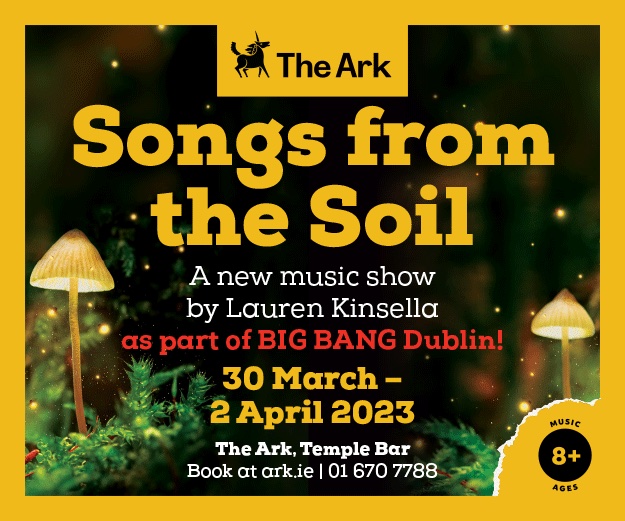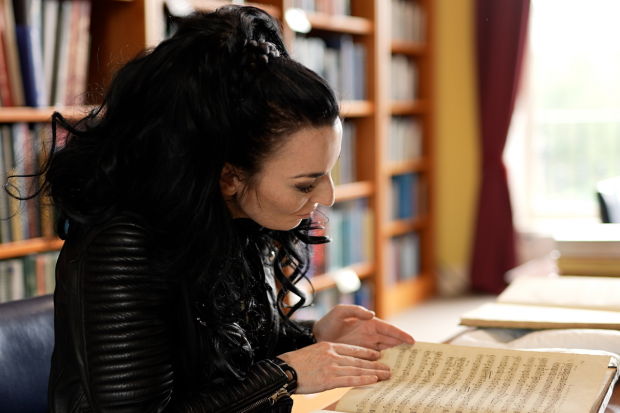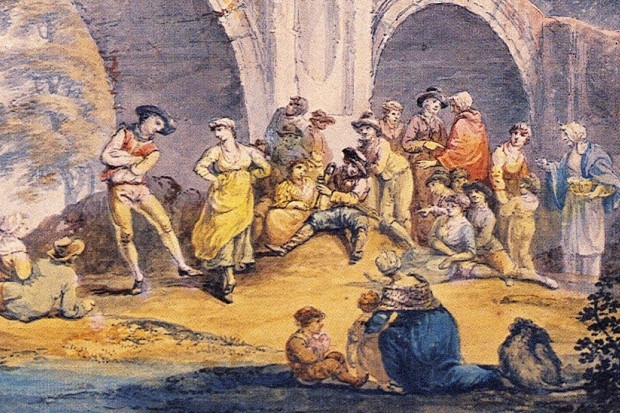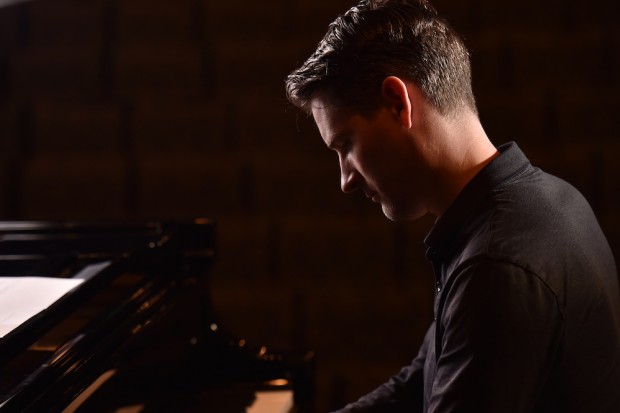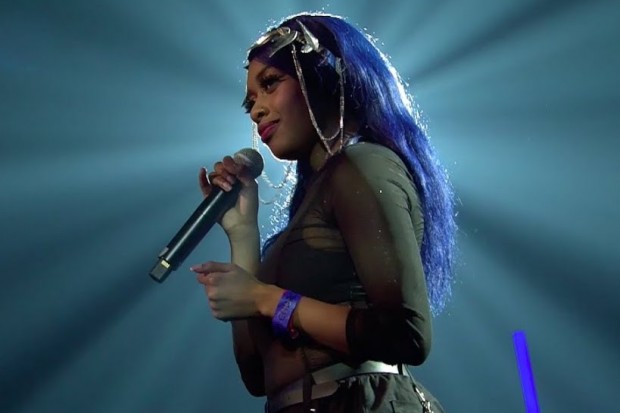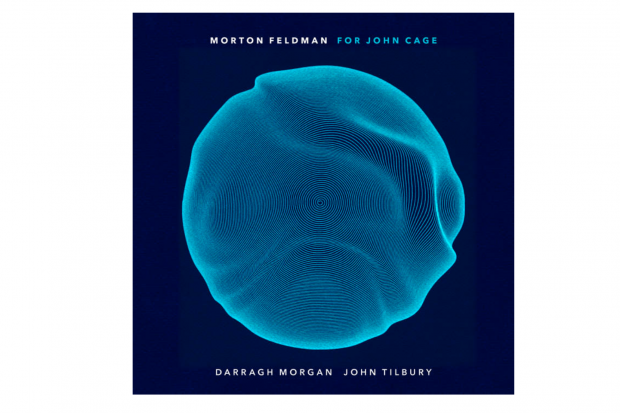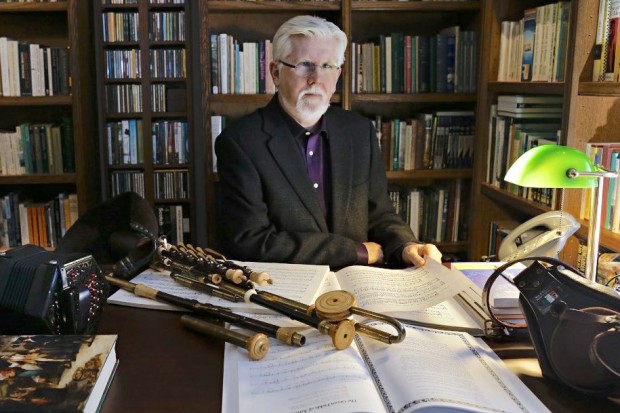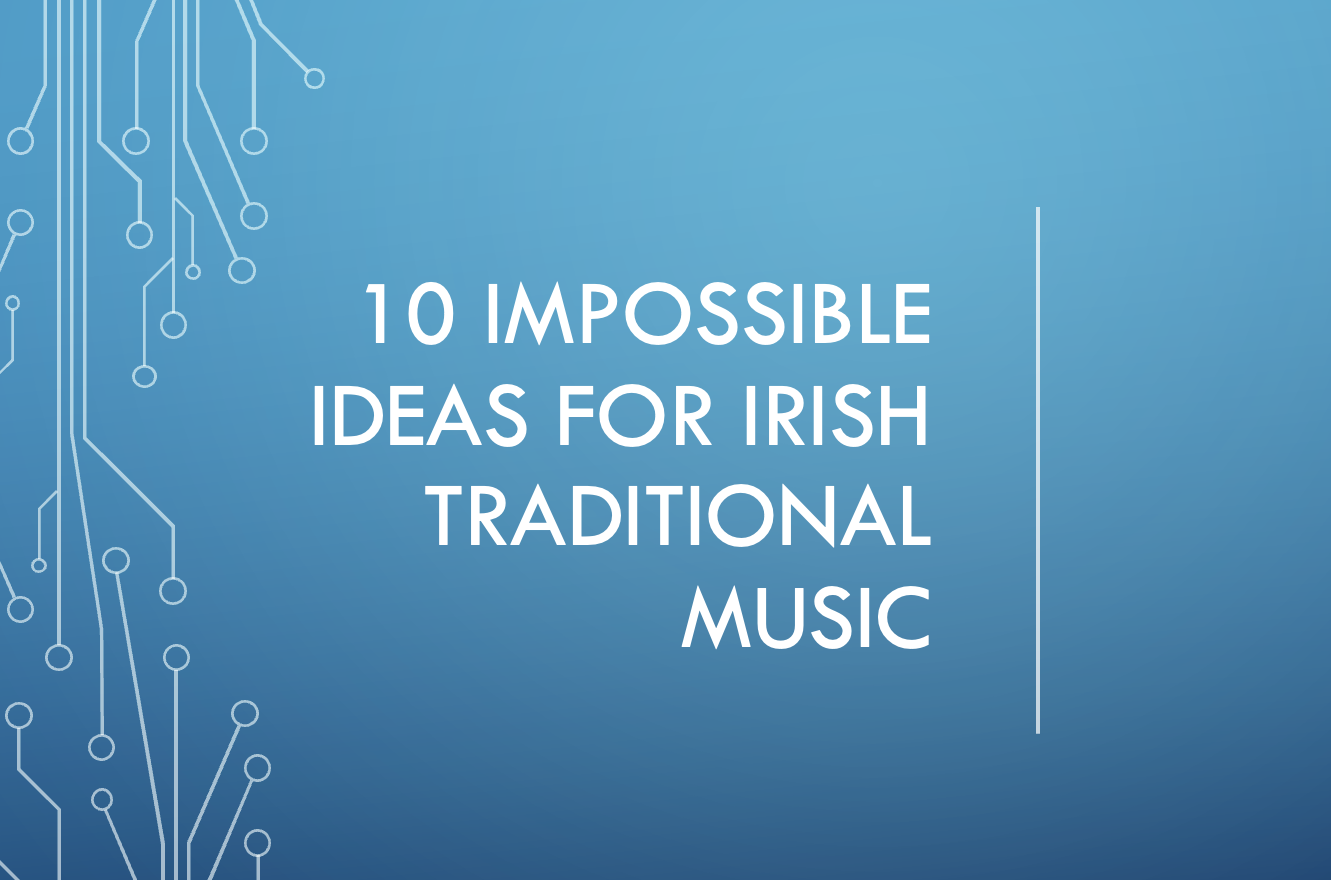
10 Impossible Ideas for Irish Traditional Music
The impossible
Now is a good time to talk about big ideas for Irish traditional music. A great deal has been achieved, but what happens next? What are the challenges facing this music? And can the traditional music community – musicians, institutions, organisations, festivals and committees – work together to create an even better future for the next generation of artists?
In this article I present ten ideas relating to traditional Irish music that are ‘impossible’, or at the very least would be difficult to achieve, and they relate to everything from education to funding and from broadcasting to housing. I’ve called them ‘impossible’ because they are challenging, but also because we have seen some impossible things happen in recent years.
The Basic Income for the Arts Pilot Scheme was an impossible idea a couple of years ago, and yet it is currently underway. The increase of €50m for the Arts Council in 2021 would also have been considered impossible before it happened.
If we go further back, many impossible things have happened in traditional music. The popularity of this art form worldwide today must have seemed impossible to the generations who founded Comhaltas Ceoltóirí Éireann in 1951, Cairde na Cruite in 1960, Na Píobairí Uilleann in 1968, and perhaps even the Irish Traditional Music Archive in 1987.
Though there may be complexities with the ideas I am putting forward, given our recent experience of seeing the impossible happen, I’m hoping that you won’t totally discount them, and instead will journey with me a little into the world of the impossible.
1. A Music Hub in Every Village, Town and City in Ireland
What is a music hub and why do we need them? A music hub is a place where musicians can collaborate, rehearse, perform, compose, record, teach, learn, meet, store instruments, host different types of events, and work or engage with their music in any way they need to.
When I list out those features, I’m sure that you can think of examples that have some or all of those elements – traditional music pubs such as The Cobblestone in Dublin, for example, or the premises of Na Píobairí Uilleann, or the regional centres of Comhaltas Ceoltóirí Éireann, or the music education hubs being developed by Music Generation around the country. We need to create more hubs like them in every community in Ireland, for three reasons.
Firstly, without them, local musical life is a lot more vulnerable than we might imagine. Some readers may recall an article I wrote during the pandemic called ‘The Silencing of An Spidéal’, which told the story of my own village in the Conamara Gaeltacht – a village that is renowned for music, but which was somehow becoming quiet, almost silent, and it wasn’t because of Covid-19. It was happening through the decline of the traditional pub – the village’s music hub – and the community was becoming disconnected, with fewer sessions happening and musicians leaving the area. In the space of a few years we lost two music shops, a summer school, two music festivals and two music pubs, including Tigh Hughes where Dé Dannan was founded. The silencing of An Spidéal illustrated how fragile even traditionally strong musical areas can be when we undervalue the hubs of musical activity that we have and don’t support them enough.
Right at the moment when that article was published, however, Charlie and Éilís Lennon and Darach Mac Con Iomaire were planning the development of Stiúideo Cuan, a new music and arts space in An Spidéal. Stiúideo Cuan has been hosting a remarkable range of concerts over the past year, as well as commissioning new music and providing a space for community music events, recording, collaborating, sessions, producing radio programmes and more, proving once again that a music hub can make the difference.
Of course, the Lennon musical family were already in the community, in part, because of the musical culture of the area, which brings me to a second point: music hubs attract people into communities.
When a village, town or city is full of music, it is a much more vibrant, interesting, enjoyable place to live. Music draws in other creative people in particular – what US academic Richard Florida in his 2002 book called the ‘creative class’ – and this in turn generates economic activity and encourages local entrepreneurialism.
There is a lot of discussion in the media about remote working, investment in the regions and rural economic development, which is welcome, but working remotely does not make our villages exciting places to live. Music and culture do. The music community has a story to tell here, and it should be speaking up a lot more, making sure music is part of this public conversation.
A third reason why we need music hubs is because they bring different communities together. Music draws people out of their homes and compels neighbours and strangers to connect. I attended a concert in Stiúideo Cuan earlier this year after the pandemic restrictions were lifted, and afterwards someone said to me, ‘Tharraing siad le chéile muid arís’ – ‘They brought us back together again’.
2. A Fully Staffed Record Label for Irish Traditional Music
We are over 70 years into the resurgence of Irish traditional music, and it is disappointing that we do not have a range of fully staffed, independent and durable traditional music record labels that can support the next generation of musicians and singers. Instead, we have a huge amount of material released by individual artists and groups, very little of which achieves its wider potential. At the same time, the independent labels that we did have have had to reduce their recorded output.
Where new labels with a traditional music catalogue do emerge – Raelach Records, for example – they don’t receive the kind of support that would allow them become full-time ventures.
We therefore have a situation where every artist and group is trying to be their own record label, and is having to learn all the time-consuming skills that this involves. Meanwhile, the labels that could undertake the administrative, recording, marketing and distribution work, and there are others such as Ergodos and Diatribe, are entirely under-resourced. The result is a merry-go-round of small-scale enterprise with everything staying small because we are thinking small.
Another result is what the music writer Gareth Murphy calls ‘copyright drain’. Because we have a lack of substantial independent labels, the ‘world-conquering music’ that we often describe as Irish is actually, as Murphy writes, ‘foreign-owned copyright’. Successful artists are signed to labels abroad and so the label profits are drained away from Ireland rather than invested in the next generation here. He continues:
There’s plenty of promising Irish indie labels already out there; the problem is that they’re running on empty, understaffed, isolated, priced out of city centres, and insufficiently geared towards export. To break Irish music into the world, a label needs to be able to pay for advances, producers, studios, videos, artwork, and, most expensive of all, a full-time staff of coordinators and pluggers able to jump on planes and make things happen.
We often see talented Irish artists reach a certain level in their career and then stop because the support isn’t there to bring them to the next level. With a community of strong independent labels, that could change.
3. Minimum Pay Rates for Irish Traditional Musicians
Imagine not having to figure out how much to ask for every time you are offered a gig, or knowing for sure when you are not receiving enough. Orchestral musicians in Ireland already have minimum rates through the Musicians’ Union of Ireland (MUI). The same practice is long overdue for the rest of the music sector.
I have been told that minimum rates would not work in traditional music. The presumption is that somebody would always undercut you. But we can’t have this Wild West anymore. We need minimum rates for concerts, workshops, sessions, and television and radio work, to ensure that musicians are remunerated properly for their craft.
This can be achieved through the MUI, which could carry out the necessary research and set rates that musicians could adhere to. We don’t have to start from scratch. The UK Musicians’ Union has minimum rates covering all types of performances. We just have to figure out what would work for us and adapt them.
These conversations have already started. I am a member of Music Alliance Ireland/Comhaontas Ceoil na hÉireann – a new umbrella group of national music organisations and companies that have come together to establish a collective voice for the music sector in Ireland – and we brought this issue to the MUI in September. The more people and organisations that engage with this issue, the more likely it is to happen.
4. A Book Publisher Focused on Music in Ireland
There have been plenty of ambitious, popular books on music published internationally in recent years: Alex Ross’ The Rest is Noise: Listening to the Twentieth Century published by Farrar, Straus and Giroux in the US; or Folk Song in England by Steve Roud and Electric Eden: Unearthing Britain’s Visionary Music by Rob Young, both published by Faber in London, but where is the big popular book on Irish music for the general public, or the twentieth-century history of Irish music?
They don’t exist because there is no book publisher in Ireland focused on music and large enough to have the resources to commission them from writers. The Irish Times has just published its list of the ‘Best Music Books of 2022’, and of eight, only one was from an Irish publisher.
Excellent biographies of musicians are published – Martin Hayes’ Shared Notes, Bill Whelan’s The Road to Riverdance, Paul Brady’s Crazy Dreams – but only when the artists have the time to write them themselves (and the pandemic played a role there). There is no Irish publisher commissioning biographies of musicians on an ongoing basis.
The most popular Irish music books of recent times have been Sinéad O’Connor’s Rememberings (published by Sandycove in Dublin, an imprint of Penguin Random House) and Bono’s Surrender (just issued by the US publisher Knopf, also an imprint of Penguin Random House).
As with recordings, what we have in Ireland is a large amount of independently published music books and therefore they rarely find wider markets.
The first step in creating a music book publisher for the future is for the music community to decide that it is a priority, and then (i) obtain seed funding to establish it, (ii) bring together the catalogues of smaller music book publishers to create a foundational backlist, and (iii) create a network around that publisher that can support it and help it grow into the future.
5. Mortgages for Musicians
If your income is in any way unorthodox in Ireland, for example, if you work freelance in the arts, or if you own a business that is a recipient of Arts Council funding, it is almost impossible to get a mortgage.
A musician may pay rent for a decade, but their income is still not considered secure enough to take on a mortgage for a small home. An artist may consider taking on a fixed-time contract in arts administration, but they still won’t qualify for a mortgage because the contract is not permanent. And the owner of an arts business will also struggle because state funding will be entirely discounted from their mortgage application.
The result is that all are caught in a circle of housing insecurity, and yet they are earning, contributing and paying their way.
This week, a spokesperson from the Irish Medical Council was on RTÉ Radio 1 highlighting the difficulty junior doctors have in finding accommodation around the country. Musicians and artists are just as seriously affected by the housing crisis, but where is the collective voice for the music community? We are not organised. The people from the arts that do speak out are usually individual artists – Breanndán Ó Beaglaíoch, Blindboy Boatclub, Damien Dempsey and Glen Hansard, for example. We should be collectively demanding three things:
- That long-term rental payments are proof of ability to pay a mortgage:
- That you are not disadvantaged in applying for a mortgage if your arts business receives arts funding:
- That short-term contracts in the arts are phased out, or that you are not discriminated against in mortgage applications because of them.
6. Free Music Lessons in Every School and Free Instruments for Every Child
There are excellent music and arts education initiatives happening in Ireland – Comhaltas Ceoltóirí Éireann branches, Music Generation partnerships, Ealaín na Gaeltachta’s Cuisle initiative, Creative Ireland’s Creative Schools project led by the Arts Council, Music Network’s Instrument Hub and Music Capital Scheme, not to mention many outreach initiatives by ensembles, workshops, masterclasses, private lessons, awards, and third-level courses. There are also many fine musicians, singers and choral directors teaching in our schools and bringing a love of this art form to our young people.
It is surprising, however, that there is not more of a conversation about what our ultimate aim might be for music education. My perspective is that we should be working towards free music tuition in every school and free instruments for every child. That is how we can ensure that no one is left behind. It would be an equaliser, removing any barrier based on income, background and location.
I have had three children go through the education system. We have brilliant, inspiring teachers at primary and secondary level, but the secondary school system in particular seems to constrict – and exhaust – everyone, students and teachers alike (it was reported last month that 91% of second-level schools have difficulty filling teacher roles, and this must be related). At a Creative Ireland conference last year, Anne Looney, Executive Dean of the teacher-training college at Dublin City University, said that when their student teachers come into the college, ‘every single one of them wants to change the world’, but after a few years, they are ‘captured’ by the system.
That is because the system is tied up with the points race, and the pandemic showed us just how narrow this education system is. There wasn’t enough activity outside book learning, and so we ended up with bored teenagers on laptops followed by anxiety over exams. If we did have an innovative music tuition system in our secondary schools, imagine how different the pandemic would have been for these young people.
7. €6.5m in Annual Arts Council Funding for the Traditional Arts
€6.5m for the traditional arts is 5% of the Arts Council’s budget, a sum that is not unreasonable. As the late Jerome Hynes wrote in the 2004 report Towards a Policy for a Traditional Arts, ‘It cannot be ignored that the Irish traditional arts are unlikely to be fostered, developed or financially supported to a significant degree anywhere but in Ireland itself.’ Stewarding this musical tradition into the future (including a harping tradition that is a thousand years old) is our responsibility.
Right now, however, it is difficult to see what the future trajectory will be. In 2004, Arts Council funding for the traditional arts was approximately €980k, or 1.8% of its total budget. At that time, the Council made a commitment to increase the funding to approximately €3m within five years. Instead, it took seventeen.
Funding reached €2.1m in 2020 and then jumped to €3.6m in 2021 due to the pandemic, so the traditionl arts are currently at 2.7% of the total.
Most of this increase of €1.5m went on awards for individual artists, and obviously these were exceptional circumstances, but the question now is what is going to happen to this additional money in the future? Will it remain, and what input do the traditional arts community have into how it is spent? With that amount of money, we could start to seriously tackle some of the issues I have mentioned in this article.
There are other options too. The new organisation Trad Ireland/Traid Éireann, established by Oisín Mac Diarmada and Tristan Rosenstock in 2019, published a 179-page report on the traditional arts by Jack Talty in December 2020. It was Arts Council-funded and it had 48 recommendations. The report was submitted to the Council for consideration, but what has happened to it since? We don’t know because we are not calling for it.
The reason traditional arts funding did not grow as planned after 2004 was because the traditional music sector stopped advocating collectively as they had been before. In order to put the funding of the traditional arts on a clear path, traditional music has got to establish clear goals and work together.
8. A Head of Music in RTÉ
Broadcasting cannot function without music, and a music scene needs a broadcaster with an ambitious vision for its musical content. The two go hand in hand.
There are currently four Group Heads in RTÉ: Group Head of Arts & Culture, Group Head of Entertainment & Music, Group Head of Factual, and Group Head of Sport, but RTÉ needs an executive at senior level entirely dedicated to music – a Head of Music – in order to give a much clearer lead to its music content and commissioning, rather than simply putting it with the the broad heading of entertainment. It doesn’t make sense for a broadcaster to have such a huge remit for music across television, radio and online, and not have someone at senior level with a clear responsibility to bring it all together. Neither is there any musical expertise on the new RTÉ Board.
RTÉ should be a global home for Irish music – just as the BBC is for classical music, and NPR is for rock and pop with its Tiny Desk Concerts. There are welcome initiatives like the RTÉ Radio 1 Folk Awards, and RTÉ Raidió na Gaeltachta plays a valuable role, but most audiences do not look to RTÉ for its Irish music content. Instead, TG4, a much smaller broadcaster, has taken that mantle through great traditional music programming.
A Head of Music would have a clear, public vision for Irish music and RTÉ and the music scene would benefit. So how can this be achieved? The idea was actually suggested to the recent Future of Media Commission in a number of submissions last year, but there was almost no reference to music in its 50 recommendations. What can a sector do when a state commission almost completely ignores it? The answer is to persist with the argument, fine-tune it, and seek other opportunities to make the case.
9. Traditional Musicians, Singers and Dancers in Aosdána
Twenty years ago I wrote an article about the issue of traditional musicians and Aosdána in the Journal of Music, and the fact that few if any are elected, and this month, listening to the RTÉ Radio 1 Folk Awards, I heard fiddle player Martin Hayes raise the subject again. It is a matter that does not sit well with traditional musicians and it will not go away.
There is space for 250 artists in Aosdána and there are just 32 people in the music category, but it is primarily contemporary composers who are elected. The only person from traditional music in Aosdána is Dónal Lunny, who was elected in 2006. Fiddle player Tommy Peoples was elected as a member in 2012, but after he passed away in 2018 no other traditional musician was elected.
So how is this going to change? Aosdána independently elects its members, but it is not deaf to the world around it. There is nothing stopping the traditional music community highlighting this issue regularly and encouraging change.
10. A Unified Irish Traditional Music Sector
None of the ‘impossible’ ideas in this article can be achieved by one person or organisation. It would need a collective effort, and that is why I believe Irish traditional music has to be unified in some way so that it can speak up and cause change.
There will always be issues facing the traditional music sector. Most recently we had a global pandemic, which affected every musician in the country, and then during that we had the threat to the Cobblestone. Just over ten years ago, we had another global economic crisis that saw funding for the traditional arts and music cut. At the same time, we saw the collapse of musicians’ income from CDs due to the rise of streaming services. And then there are perennial issues like housing, and the sustainability of festivals and organisations. If we don’t have some kind of collective voice to address these matters, then we are always vulnerable.
Another issue is that if the traditional music sector does not speak up and say what it wants, it leaves a void, and ill-informed Government initiatives and ideas will fill that void.
There are ways that the traditional music sector could come together, through the new collective Music Alliance Ireland, for example, or the resource organisation Trad Ireland, or in a different forum.
The challenge with any such effort is making it effective and sustainable, but traditional music is in a much stronger position now than it has been in the past and it is possible.
The general theory about ideas is that they are a synthesis of things, and, in the ecology of ideas, they are strengthened through discourse, so I would welcome reader feedback on these ten ‘impossible’ tasks. They are all impossible until we do something about them.
This is the edited text of a talk given on 24 November at Na Píobairí Uilleann as part of the ‘Notes & Narratives’ lecture series. To view the slides from the lecture, see below.
Subscribe to our newsletter.
Published on 30 November 2022
Toner Quinn is Editor of the Journal of Music.











